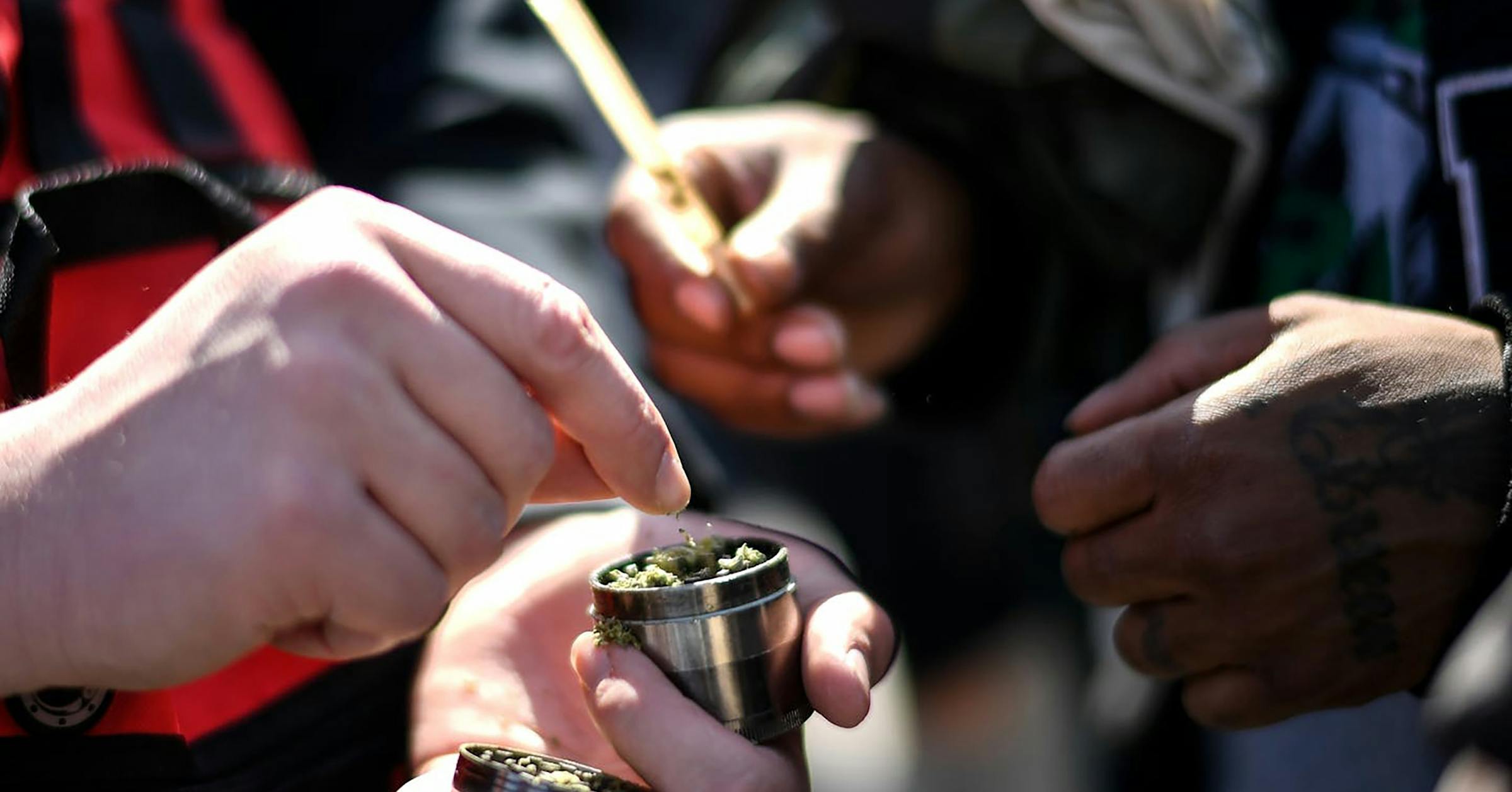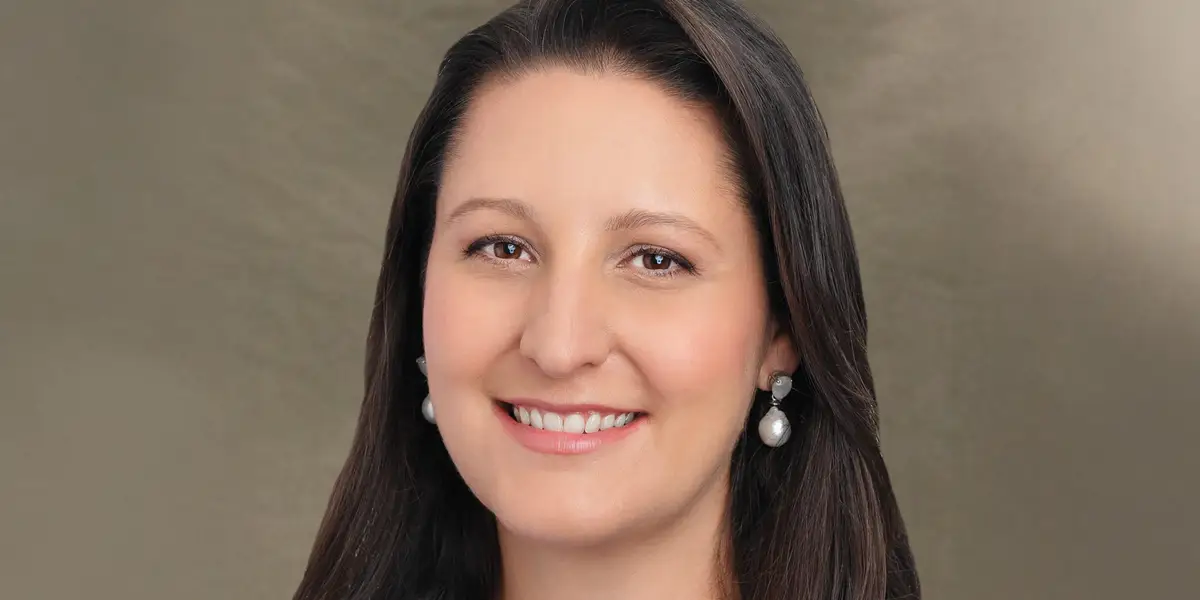By Taj Bradley
Copyright startribune

ItŌĆÖs the small businesses that have been left in limbo ŌĆö paying rent on empty storefronts, struggling to raise capital without revenue and watching consumer loyalty build around competitors who got to market first. And even once these small businesses are licensed, theyŌĆÖll face another hurdle: supply. Right now, the only legal cannabis products available in Minnesota come from tribal nations or medical cannabis companies. Other new retailers will be forced to wait for cultivation and manufacturing to catch up before they can stock their shelves. The result is a fractured landscape where opportunity is uneven, competition is distorted and the equity goals that drove legalization slip further out of reach.
HereŌĆÖs what most people might not know. The OCM quietly gave GTI and Vireo a huge competitive edge. The deal allowed them to keep operations running while applying for an adult-use license. No downtime. No risk. No delays. It lets them take their medical cannabis inventory and repurpose medical products as recreational products. Cannabis grown months ago under medical rules can now be sold as fresh recreational stock ŌĆö all before a single small business, farmer or equity applicant has produced any cannabis products for sale.
Supporters argue this carve-out also helped address the immediate problem of supply, since without tribal production or medical inventory, shelves in most of Minnesota would otherwise remain empty. But in practice, it also gave the multistate operators an exclusive head start while everyone else is still stuck waiting.
For GTI and Vireo, itŌĆÖs a dream deal. GTI, operating under its Rise brand, made headlines by opening five dispensaries across Minnesota in a single day last week ŌĆö an aggressive rollout no small, local business could match.
MinnesotaŌĆÖs market is now a patchwork of tribal shops, medical providers turned recreational sellers, and just one state-licensed non-medical retailer. In total, there are 27 adult-use shops open statewide. Of those, 11 are tribally owned and 15 are dispensaries run by the stateŌĆÖs two medical cannabis giants. And standing alone as the first and only independent state-licensed retailer not tied to the medical system is Legacy Cannabis in Duluth, which has become a symbol of the craft-driven market many Minnesotans want to see.
Picture yourself as a small farmer trying to set up shop in this new industry. YouŌĆÖre scrambling to find property that local zoning boards wonŌĆÖt block. YouŌĆÖre raising capital without big-money investors. YouŌĆÖre building out a facility from scratch while waiting for the OCM to finalize your license ŌĆö stuck in preliminary status and unable to operate until youŌĆÖre fully approved. Meanwhile, your competition already has products on the shelves, brand recognition across the state and permission to sell old inventory as ŌĆ£newŌĆØ recreational cannabis.



